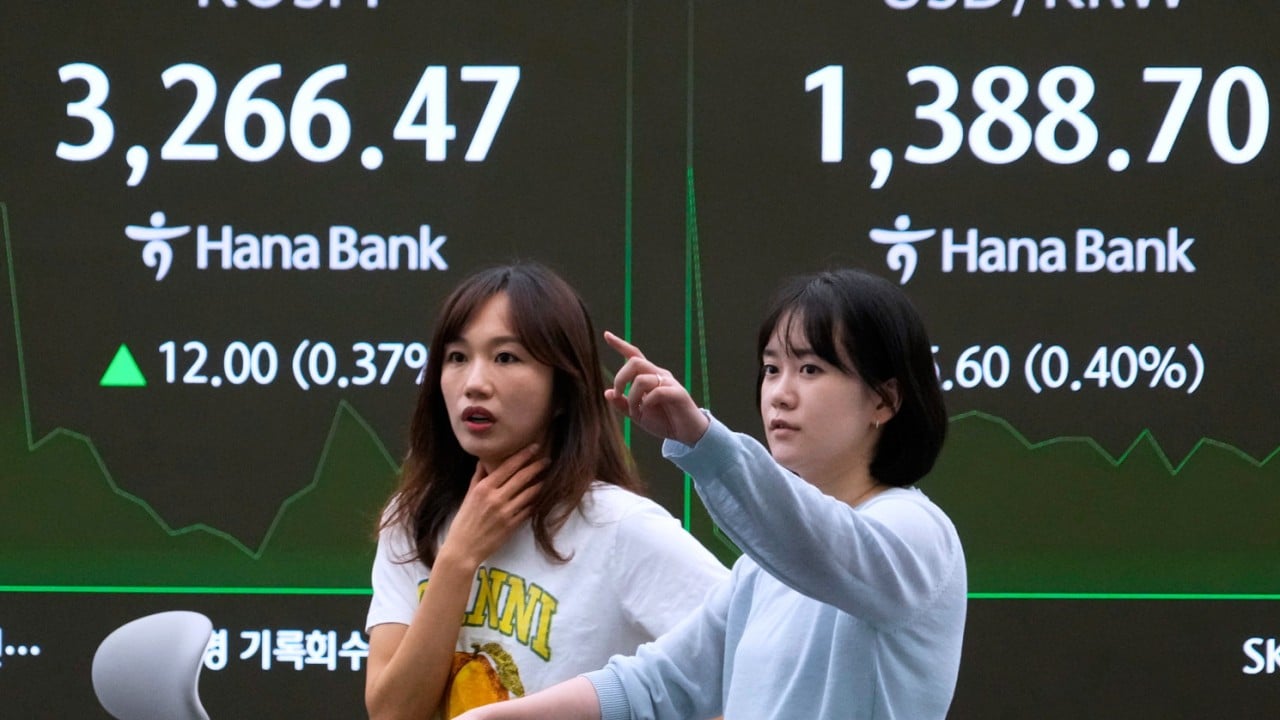At the end of last year, few would have predicted that the Kospi, South Korea’s main stock market index, would be the best-performing major equity market this year. A short-lived attempt by the country’s then president to impose martial law, months of political turmoil and the threat of a 25 per cent tariff on South Korean exports to the United States make the Kospi’s 35 per cent gain all the more striking.
Advertisement
There are reasons to be sceptical about the sustainability of the rally. On a cumulative basis, foreign investors have been net sellers of South Korean shares for the last two decades, according to JPMorgan data. Moreover, although a deal has been struck for a 15 per cent tariff rate, South Korea is more vulnerable to higher trade barriers, with the US alone accounting for nearly 20 per cent of the nation’s exports.
Yet South Korea is taking a leaf out of Japan’s book by enacting potentially far-reaching corporate governance reforms. One of the main reasons Japanese stocks have surged since early 2023 is a campaign by the country’s stock exchange to incentivise companies to improve their cost of capital, governance standards and engagement with shareholders.
The Japan Exchange Group, which controls the Tokyo and Osaka bourses, even began publicly identifying firms that complied with its measures, thereby shaming those that disregarded them. The results of Bank of America’s latest Asia Fund Manager Survey on July 15 showed that Japan was the most popular market in the region, with governance reforms seen as key to the long-term prospects for Japanese equities.
However, the third most attractive market was South Korea. A higher proportion of respondents, moreover, believed bolder governance reforms would have a “strongly positive impact” on the country’s stock market.
Advertisement
There are grounds for optimism. For example, the victory of Lee Jae-myung, a member of the left-leaning Democratic Party that controls South Korea’s parliament, in a snap presidential election on June 3 has given new impetus to capital market reforms, one of the main pillars of his campaign.

